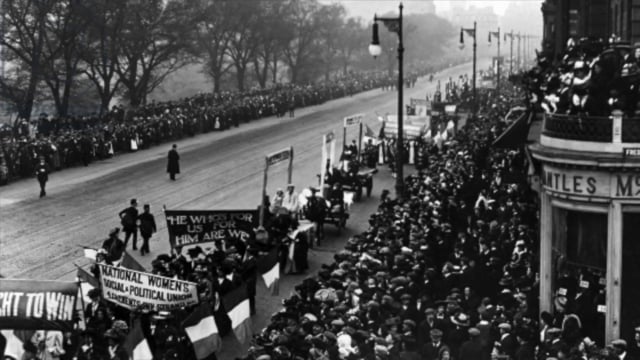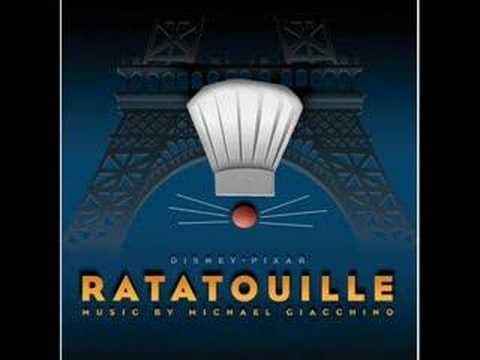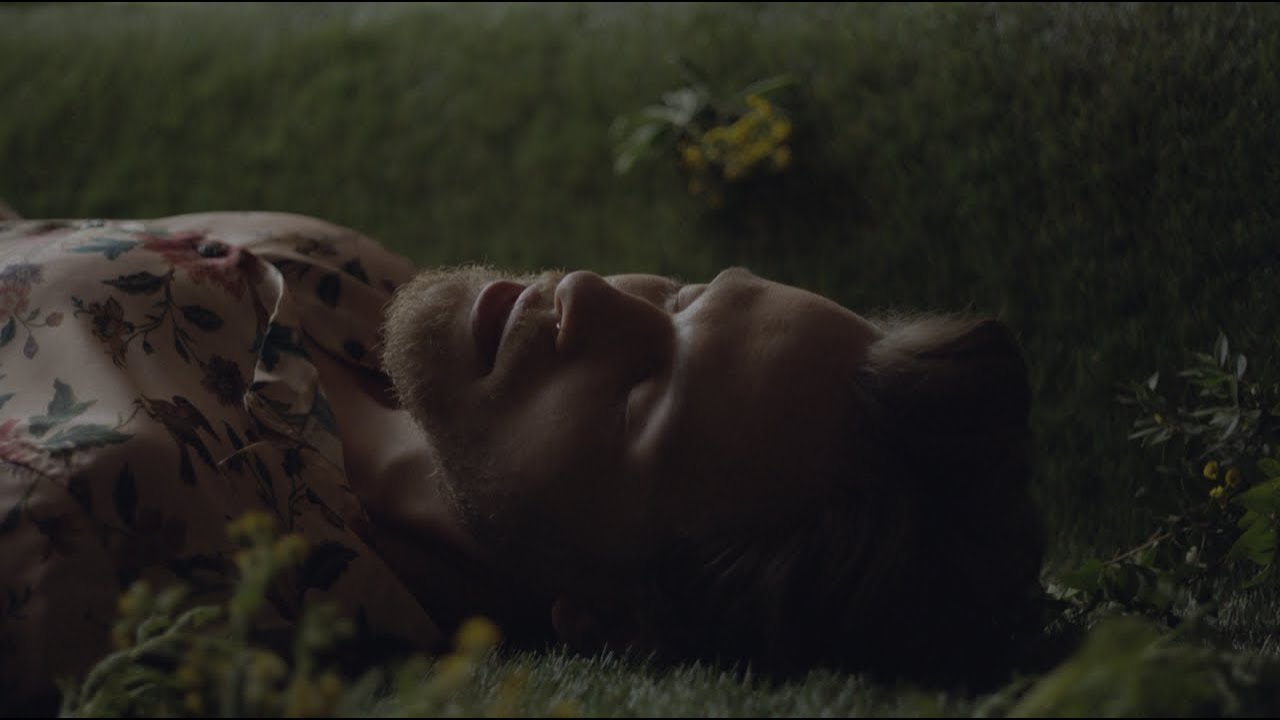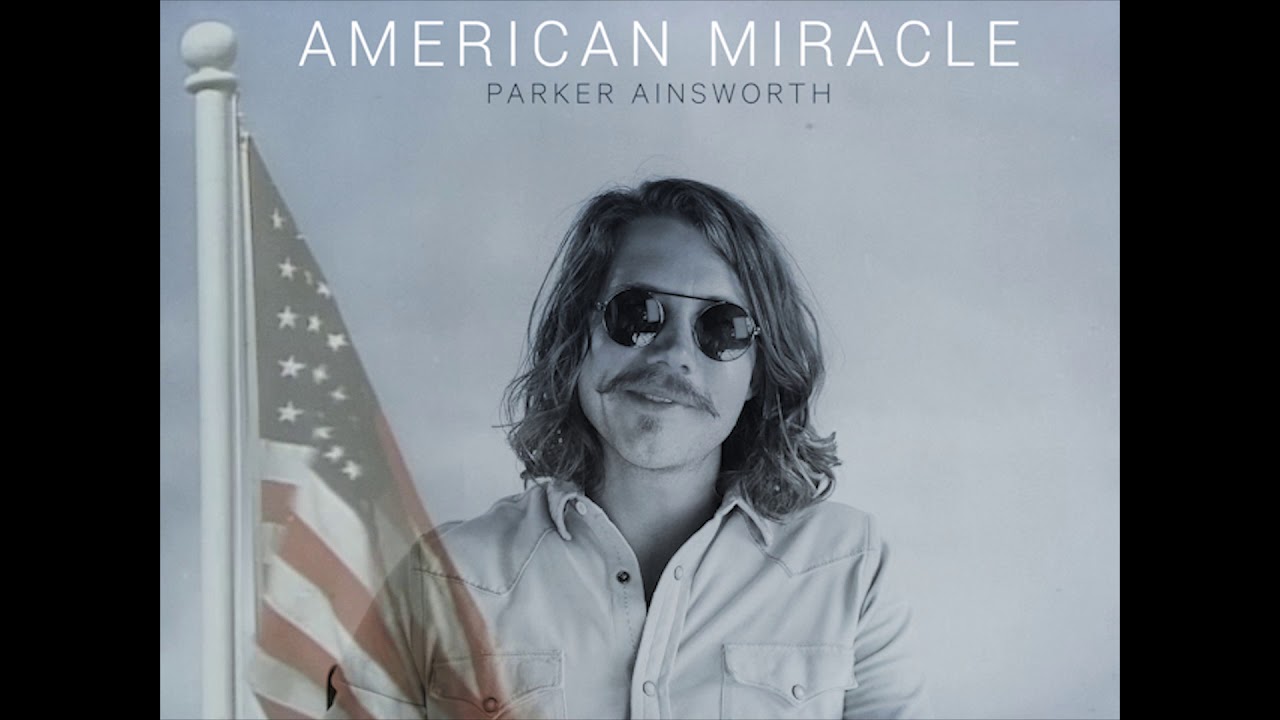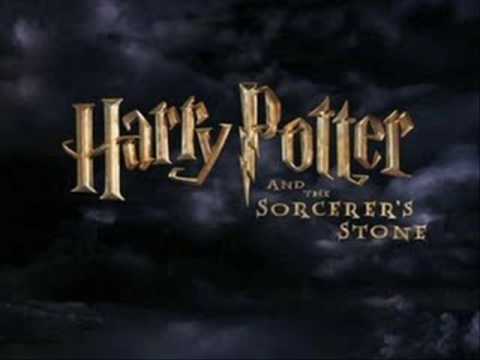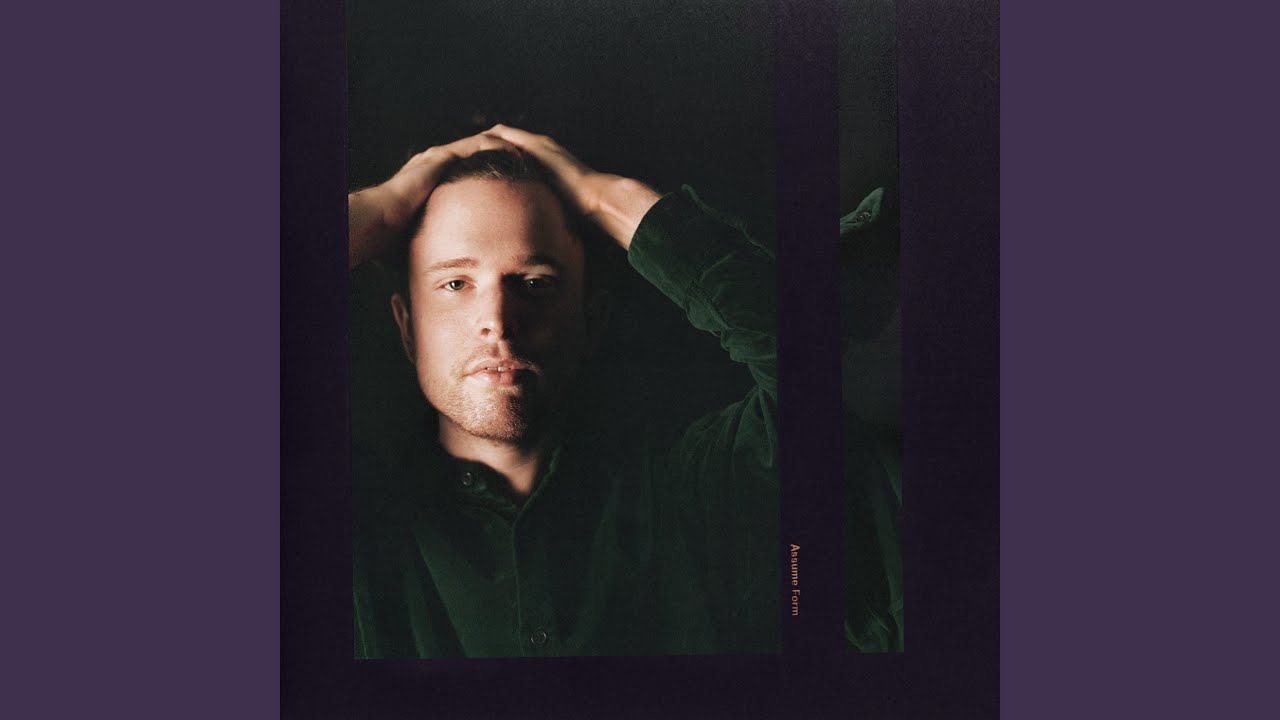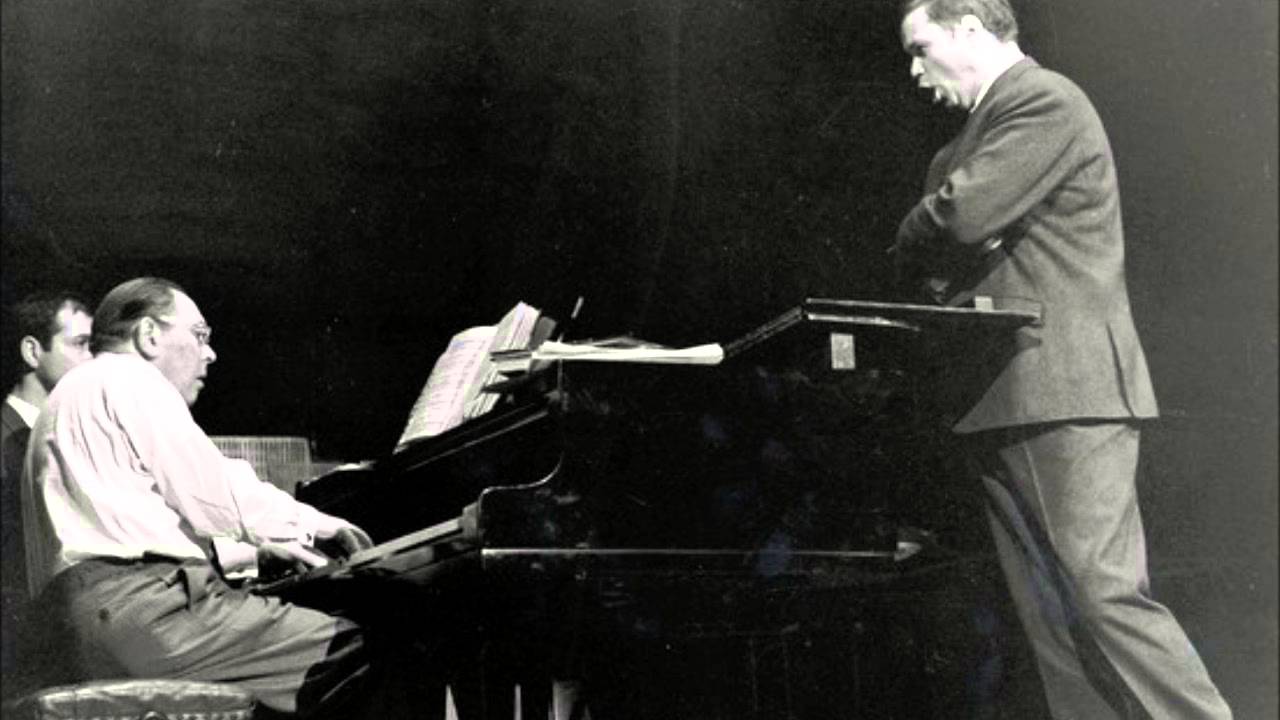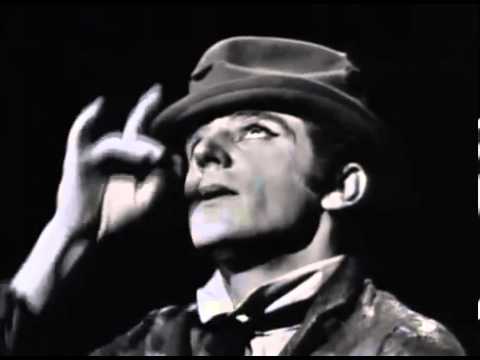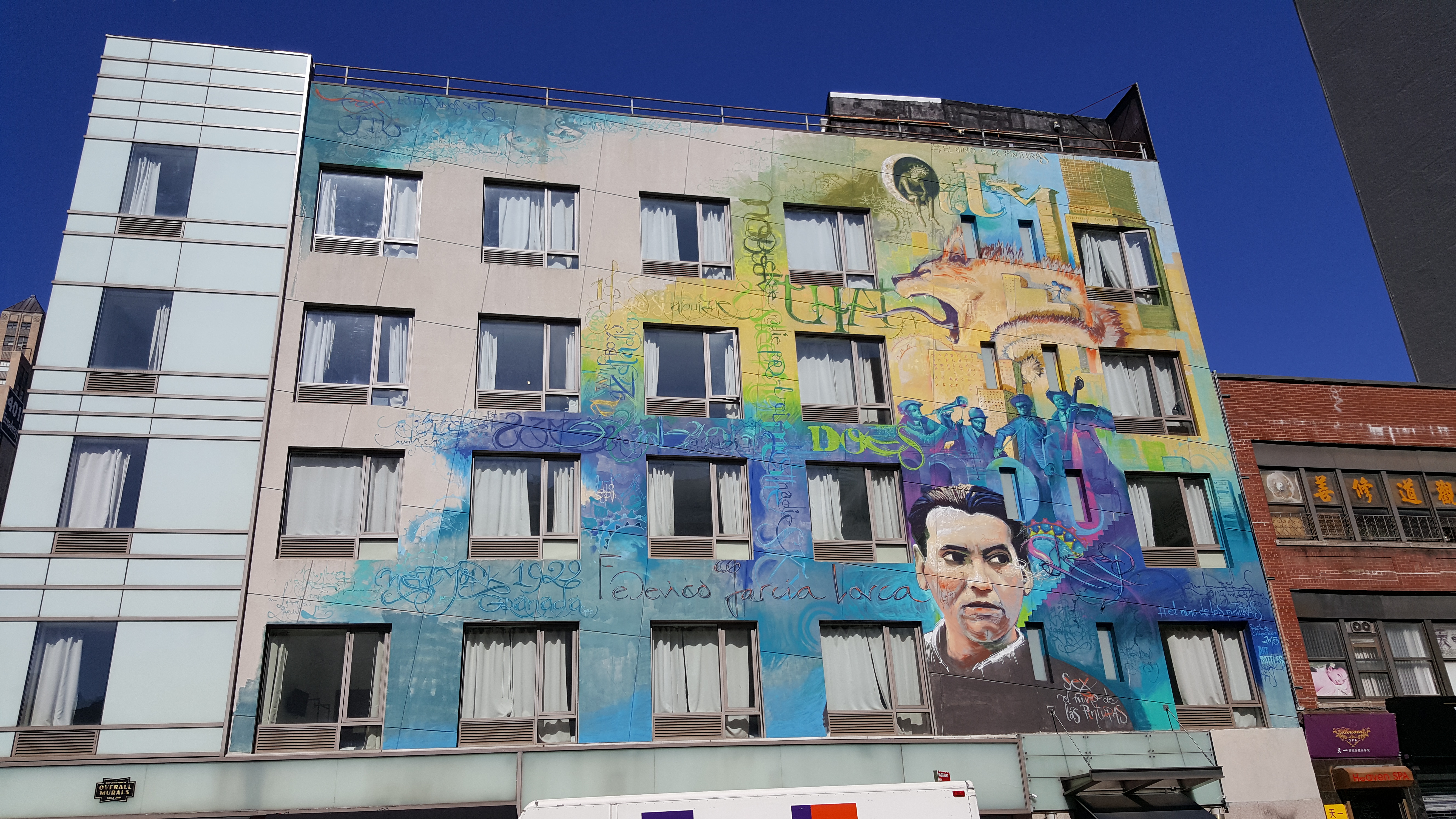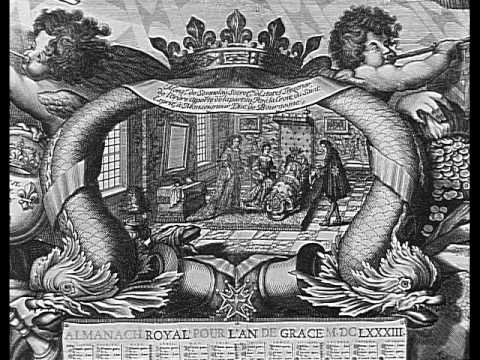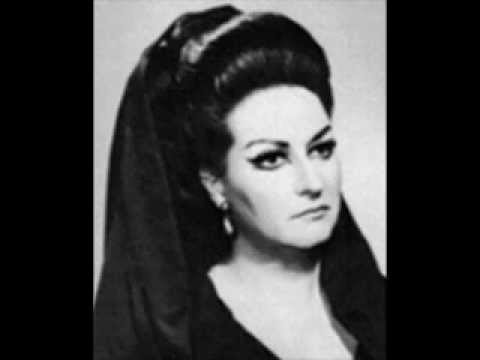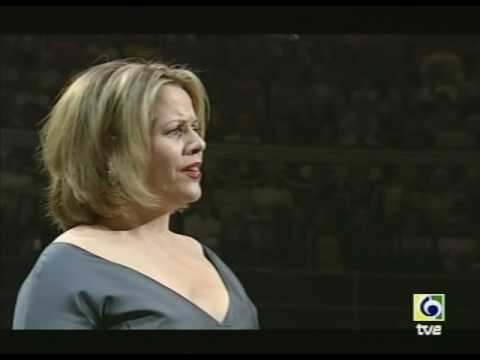Ethel Smyth: The March of the Women
With so many possibilities, I decided to use the themes of Fierce Grace: Jeannette Rankin as the themes of my “Song of the Day.” Women’s rights. Civil rights. Women’s suffrage. Pacifism. And a whole lot of Fierce Grace.
Lizzo: Worship
How did the world exist before Lizzo? I saw her open for another band this...
Camille: Le Festin
Another song that always brightens my mood - this one is from the animated...
Laura Kaminsky
Composer Laura Kaminsky discusses her hit opera AS ONE, facilitating new works from women composers, and what she’s been reading lately in our Artist of the Month interview
Kris Kelly: Birthplace
I love watching my friends’ artistic endeavors come to fruition. This song is...
Parker Ainsworth: American Miracle
My brother - who goes my Parker Ainsworth - is an accomplished singer...
John Williams: Prologue from Harry Potter and the Sorcerer’s Stone
Though not a song in the standalone-sense I often find myself humming this...
James Blake: Power On
I thought perhaps my final post would be something new, something I’ve heard a lot lately. James Blake’s Assume Form was just released in January. I can’t quit it; I have it on a loop. It’s unmistakably James Blake, but also different. I mean, it’s not not sad—he always delivers on that score—but this album’s sad is pretty sweet, very much in love.
Hugo Wolf: Peregrina songs
These two poems belong to a cycle of five by Eduard Mörike. Wolf’s Peregrina songs represent a rarity in his output, a diptych of sorts—neither piece entire of itself, but together forming a musical world that illuminates the explicit narratives within, and the implied narratives between two poems.
Anthony Newley and Leslie Bricusse: Who Can I Turn To?
Newley and Bircusse are responsible for a whole host of very popular songs,...
Joni Mitchell: Cactus Tree
I didn’t know who Joni Mitchell was until I went to college and fell in love—and really I can think of no better music with which to have ventured all that intoxication, desire, thrill, fear, and ambivalence than hers. The first album I really obsessed over was Mitchell’s fourth, Blue (1971), which, yes, translates to “A Case of You” on repeat for… a year? More, probably. But I did slowly work my way through most of the rest her astonishing output, including Song to a Seagull (1968), her debut, which ends with “Cactus Tree.”
García Lorca: Muse & Magician
Everyone involved with classical song eventually falls under the spell of Federico García Lorca (1898-1936), simply because so many composers have set his poetry to music. His writing is a fascinating combination of opposites: elusive and open, austere and emotional, somber and bursting with color. The more I read about this great Spanish artist the more astonishing I find him.
Michel Lambert: Le repos, l’ombre, le silence
Airs de cour were the songs of late 16th, early 17th century France. It’s a huge repertoire to which Michel Lambert contributed many extremely beautiful compositions. Lambert (c.1610–1696) was a composer and singer, and also famously taught singing.
Ruggero Leoncavallo: Stridono lassù
While preparing this aria for a concert next month, I was reflecting on the idea of freedom. We all, in some way or another, long for freedom—from a person, situation, or even our own thoughts. In “Stridono lassù,” Nedda is desperate to escape her oppressive situation and fly like the birds.
Richard Strauss: Beim Schlafengehen
As a young American soprano studying opera in the early 2000s, Renée Fleming was my hero. Who am I kidding, she still is. She has the most beautiful tone quality, consummate technique, and an air of ease that makes the whole thing seem effortless. Of course now, as a working singer, I know that making it look effortless takes years of hard work and dedication.


